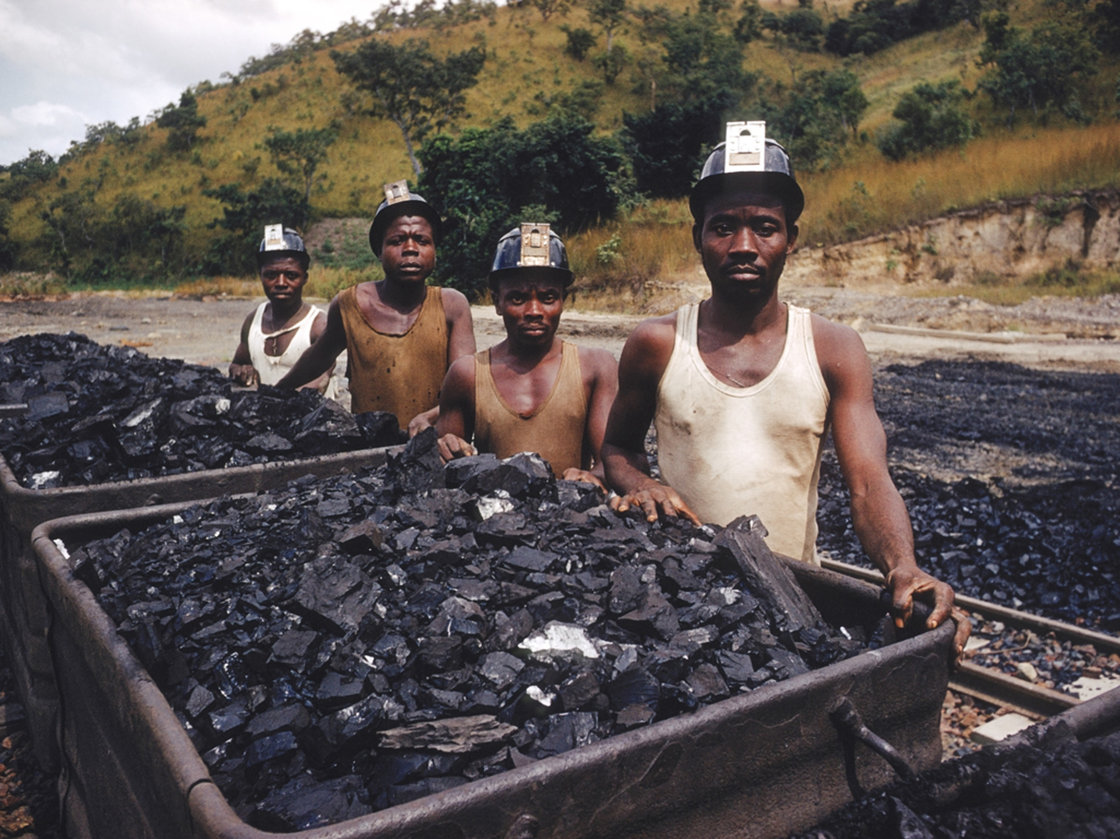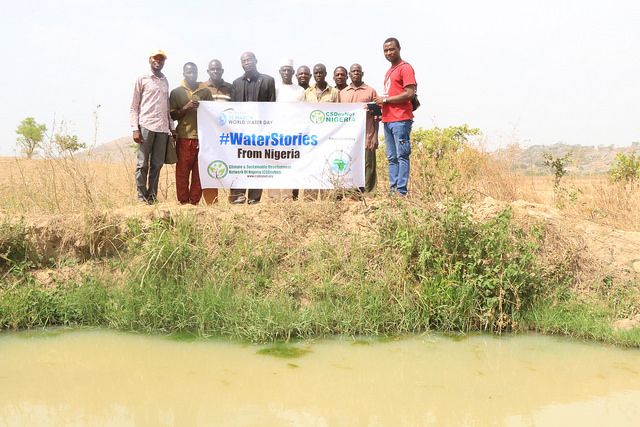
By Atayi Babs
The Federal Government of Nigeria on Monday said it would consolidate and allocate coal sites across the country to “serious minded players in the power sector” in a drive to meet the country’s increasing energy.
The Minister of Mines and Steel Development, Dr Kayode Fayemi, disclosed this during a visit to the Abuja Steel Mills Limited, Minna, North Central Nigeria.
According to Fayemi, the ministry is considering the power sector as its priority area that needs coal to address electricity deficit in the country.
“We are not saying that we will not give coal to others that need coals for the production of steel or relevant manufacturing works, but right now power sector needs coal,” he said.
He said that the management of Abuja Steel Mill had requested for coal for the production of steel, adding that the ministry would support local steel manufacturers that could solve steel deficit.
“Our work as a ministry is to facilitate companies that have taken it upon themselves to manufacture steel locally, rather than importing substandard steel with our hard earned Forex.”
He expressed appreciation to the management of the company for employing 450 Nigerians and providing healthcare facilities, adding that the company should train its local engineers to perform or take over its expatriate tasks. He also urged the company to continue to maintain its standard of production to gain adequate market and bridge steel importation gap.
Dr Fayemi said the ministry would encourage the Ministry of Works, Power and Housing to link the company to construction giants in the country to patronise their products. He promised to liaise with Nigerian Customs Service on scrap metals being exported on a daily basis, as scarcity of the material had hiked prices of steel produced locally.
However, he promised to solve some of the requests presented by the company, adding that it should also fulfill the ministry’s requirements to move the country forward.
Using coal to boost steel production
Mr Richpal Singh, Executive Director and Advisor of the company, urged the minister to make coal sites available to the company to boost steel production. Singh said availability of coal would enable the company to produce 6.8 million tonnes required for local consumption.
He said the scrap metals being sold at the rate of N50,000 per tonne now sold at N250,000, as the materials were being exported due to high exchange rate.
He said one of the company’s challenges was scarcity of scrap metals being used for the production of steel, as Nigerians were now making brisk business with some Chinese firms to package and export them.
The company produces 150,000 tonnes yearly and is currently the highest steel producer in the country. All the local steel companies in Nigeria are producing 2.5 million tonnes annually and Nigeria requires 6.8 tonnes of steel every year. The company is an Indian organisation with other seven subsidiaries in steel, chemical and energy production.
Coal and Nigeria’s NDCs
In October 2015, it would be recalled that Nigeria submitted its climate pledge to the United Nations Framework Convention on Climate Change (UNFCCC) as part of its commitment to the process leading to the COP21 Paris Agreement. The Nationally Determined Contributions (NDCs) identified measures like working towards ending gas flaring and other fossil-based energy forms by 2030, working towards Off-grid solar PV of 13GW (13,000MW), deployment of efficient gas generators, and 2% per year energy efficiency (30% by 2030).
The climate pledge reckoned that under a business-as-usual growth scenario, consistent with strong economic growth of 5% per year, Nigeria’s emissions are expected to grow to around 900 million tonnes per year in 2030, which translates to around 3.4 tonnes per person.
However with food insecurity, poor access to energy and high unemployment presently constituting principal constraints on economic development and about 40% of the population living below the poverty line of US$1.25, coupled with the recent sharp decline in world oil prices putting enormous pressure on the federal government’s budget, which continues to depend significantly on export revenues, it is increasingly becoming difficult for Nigeria to honor its climate pledge as conveyed by the NDCs.
The recent recourse to coal as a panacea to energy deficit runs contrary to the focal emphasis of Nigeria’s climate plan which aspired to achieve economic and social development by growing the economy 5% per year, improving standard of living, electricity access for all under a mitigation objective of 20% unconditional reduction in emissions and a 45% conditional reduction from business as usual.












Comments 1